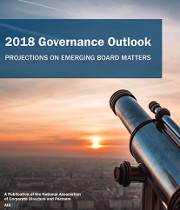Robinhood Agrees to Pay $65M Settlement Following SEC Claims About Trading
“Robinhood Markets has agreed to pay $65 million to settle Securities and Exchange Commission allegations that the broker failed to properly inform clients that it sold their stock orders to high-frequency traders and other financial firms,” reports Bloomberg in Fortune’s Finance.
“Robinhood, known for its popular smart-phone app that offers commission-free trading, also agreed to have an outside consultant monitor its compliance with rules that require firms to provide best execution for trades. Robinhood has gained notoriety during the pandemic by attracting a massive customer base of younger investors.”

